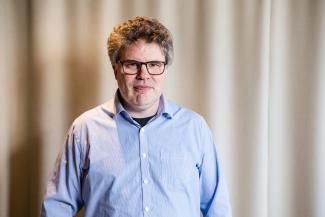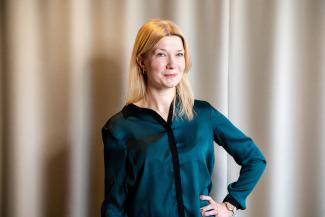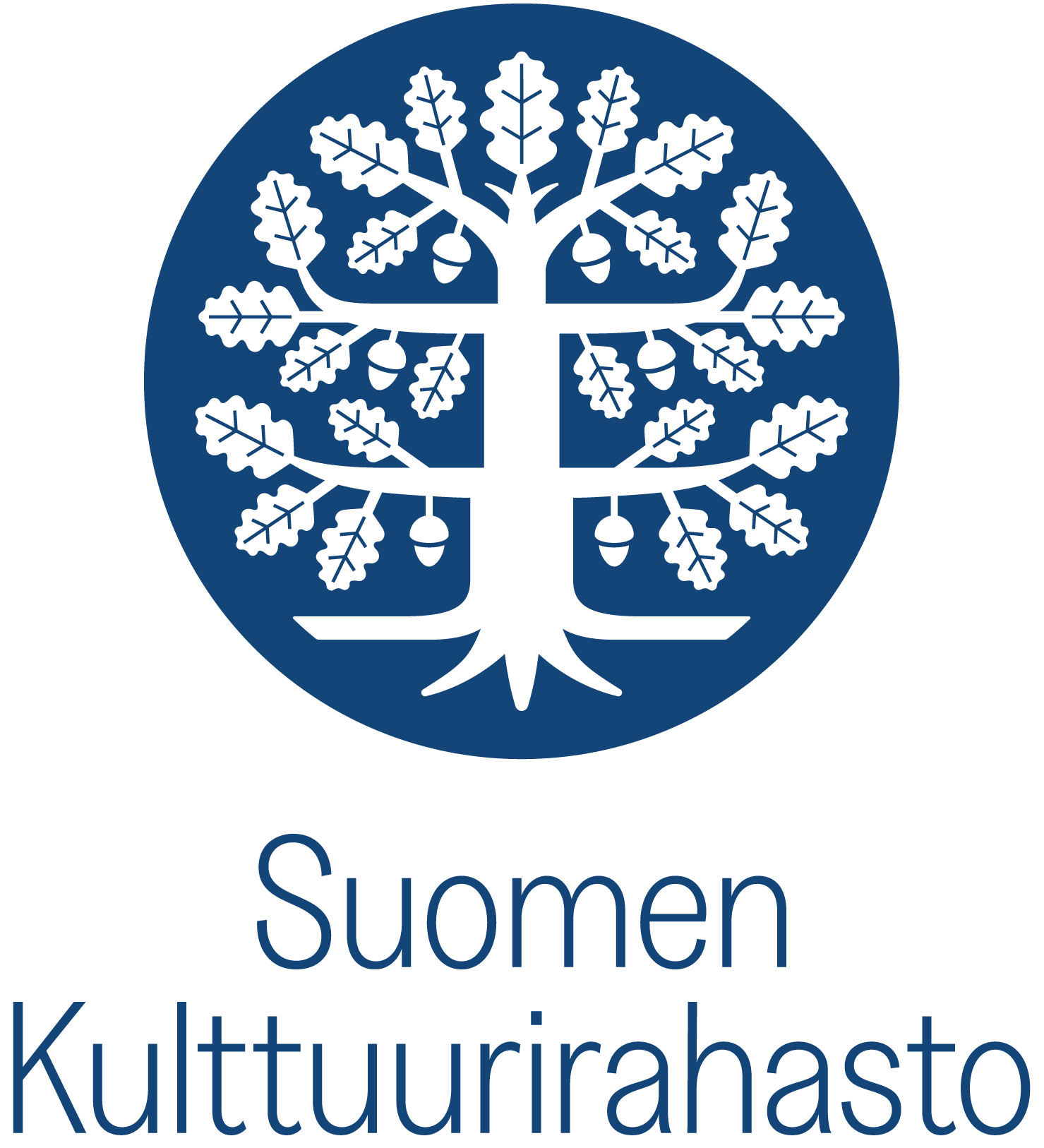
When green energy visions collide with local interests in the North
The bankruptcy of battery manufacturer Northvolt has attracted a lot of attention and highlighted the structural challenges that characterise the green transition in northern Sweden. The reasons for the bankruptcy are widely debated, but researchers point out that Northvolt is just one example of a broader pattern in the realisation of the transition – not only in northern Sweden, but also in other peripheral regions around the world.
The northern regions of Sweden, Finland and Greenland have been highlighted in recent years as key areas for Europe's energy transition. The vast areas, the potential to expand renewable energy production and the rich resources of minerals and critical earth elements enable the rapid establishment of battery factories, wind farms and mines.
But the open questions are many: How will the local population be affected, what is the ownership structure of the companies that set up shop, where do the profits go, and who is responsible for investments that do not turn out to be profitable?
A process driven from the outside
The current perception of peripheral regions is driven by global agendas, international investors and national strategies. Often, local politicians also enthusiastically welcome large industrial ventures, as alternatives for community development are few.
– Our research shows that the green transition in these areas is largely shaped by decisions made far away, where local people are rarely given the opportunity to have a real say.
This is according to Professor Erland Mårald, project leader of the Future Challenges in the Nordics project Peripheral Visions: When Global Agendas meet Nordic Energy Peripheries, which studies the energy transition in Greenland, northern Sweden and northern Finland.

According to Mårald, the role of local people is in practice reduced to either accepting or rejecting pre-formulated plans, without genuine dialogue on how the transition can be sustainable and fair for those living and working in the region.
– When objections arise, they are seen as obstacles to be dealt with, rather than voices to be listened to. The way the green transition is currently being implemented, it risks leading to increased polarisation and exploitation in the areas where industrial investments are taking place, instead of the sustainable development that is sought, says Mårald.
– An inclusive approach is crucial to ensure that the green transition is not only sustainable and fair, but also builds mutual trust and acts as a long-term force for community building.
Winners and losers
In its current form, the green transition creates clear winners and losers. While places like Skellefteå and Boden in Sweden can benefit from risky start-ups and economic growth, other parts of the same region are turning into pure resource providers. Here, wind farms and mines are being built without corresponding community-building efforts, such as schools, healthcare and shops.
– This not only reinforces historical patterns of exploitation, where the periphery serves national and international centres, but also creates divisions within the regions concerned, says Mårald.
The imbalance is exacerbated by what is known as ‘green colonialism’, a situation where industrial energy transition takes place at the expense of existing land use and local economies. In northern Sweden, Finland and Greenland, industries such as reindeer herding, fishing and tourism are being displaced by large-scale industrial projects. The result, according to the researchers, is increased conflict, eroded trust and a breeding ground for counter-movements and populism.

– The transition can only be successful if green ambitions have local counterparts, shaped by local knowledge and experience. Top-down decisions need to be locally anchored, says project researcher Janina Priebe, who has specifically studied Greenland.
More information:
Professor Erland Mårald
Umeå University
erland.marald@umu.se
+4690 786 65 45
Associate Professor Janina Priebe
Umeå University
janina.priebe@umu.se







